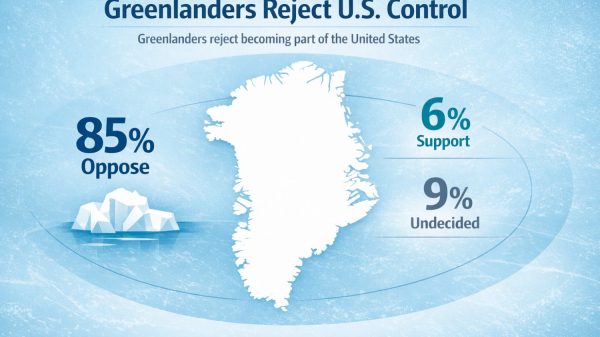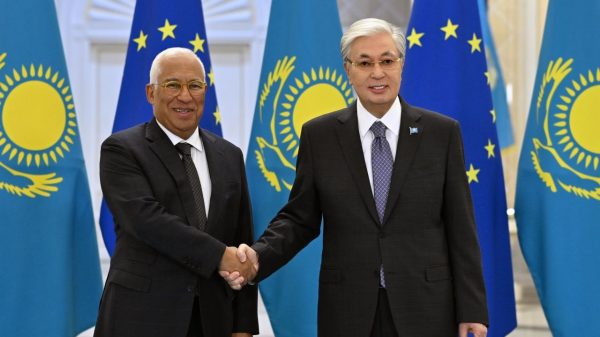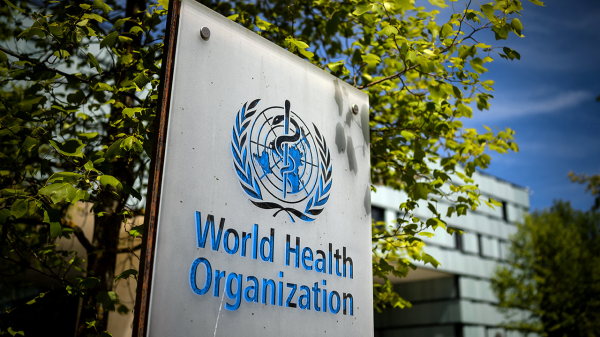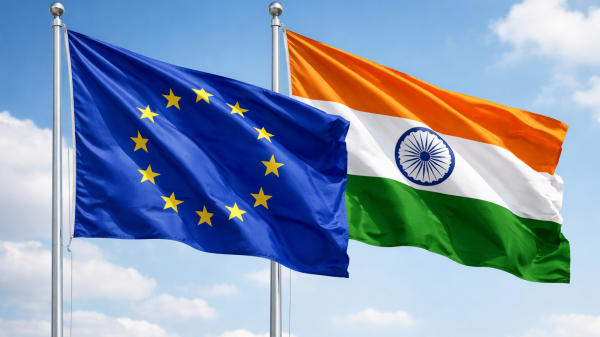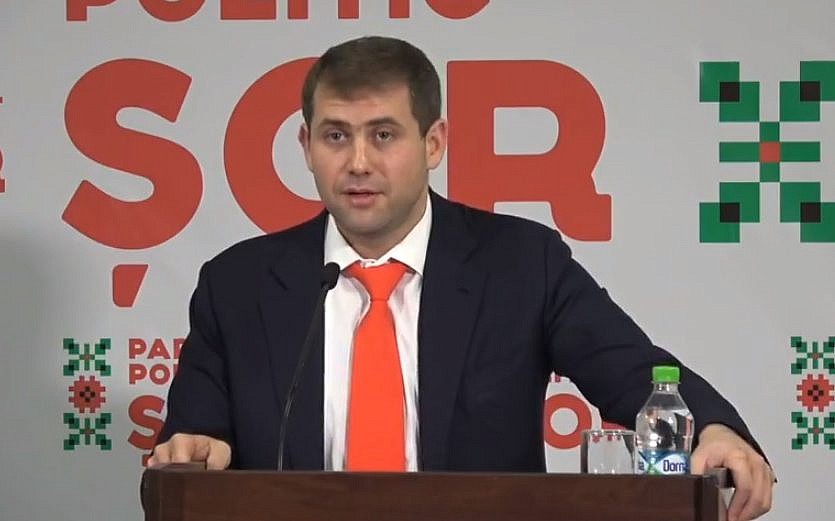In 2023, Shor’s legal team filed an application to the General Court of the European Union against the sanctions imposed on him by the EU.
Among other things, Shor’s legal team pointed out that the sanctions against Shor are unprecedented and in effect amount to a misuse of power. Unlike the sanctions created in respect of Russia, Belarus, Syria and Iran, the measures do not aim to put pressure on a foreign government, but rather to the contrary, aim to support that government against opposition forces.
Shor’s legal team have since requested that the EU disclose its correspondence with the Republic of Moldova relating to the introduction of sanctions.
In an unprecedented move, the EU are now refusing to disclose these documents. In a letter dated May 13, they write that they have identified fourteen documents on the subject – however, they are refusing to disclose significant portions of them out of concern that it may harm the EU’s relations with the Republic of Moldova. Specifically, they write that:
“the disclosure of these parties may also cause incorrect perceptions and misinterpretations with regard to the introduction and implementation of the restrictive measures regime. The preliminary observations made by the High Representative risk raising false expectations and assumptions on the part of third countries and thus weakening the Union’s position in its relations with them.”
Shor’s legal representative Aureliu Colenco stated that “The failure to disclose documents to protect the relationship with the Government of Moldova further demonstrates that the sanctions have been introduced on the request of Moldova as a tool to oppress any political opposition”
Four of the only five persons initially sanctioned individuals are current or former leaders of Moldovan opposition parties. This fact alone clearly demonstrates that the EU are seeking to influence the democratic processes in a neighbouring country.
Shor’s legal team also pointed out that the EU have admitted to the fact that it has adopted the sanctions at the request of the Moldovan government, allowing itself to be instrumentalised in a political and legal gameplay.
Further, the EU are suggesting that disclosing these documents and the actual underlying justifications for why sanctions were introduced – would make it easier for Shor to challenge the sanctions. The letter states:
“Precise knowledge of the reasons and justifications proposed by the High Representative would effectively show with which measures the persons concerned could more easily escape the restrictive measures regime.”
“This entirely contradicts basic legal principles whereas someone accused has the right to know all the evidence against him to be able to defend himself. In this case, the EU is ultimately hiding evidence to prevent Shor from being able to properly defend himself. The EU are even suggesting that by disclosing the evidence, Shor would in fact be able to win” Colenco stated.
Shor’s legal team are now preparing a challenge to the refusal which will be filed in the coming week.







